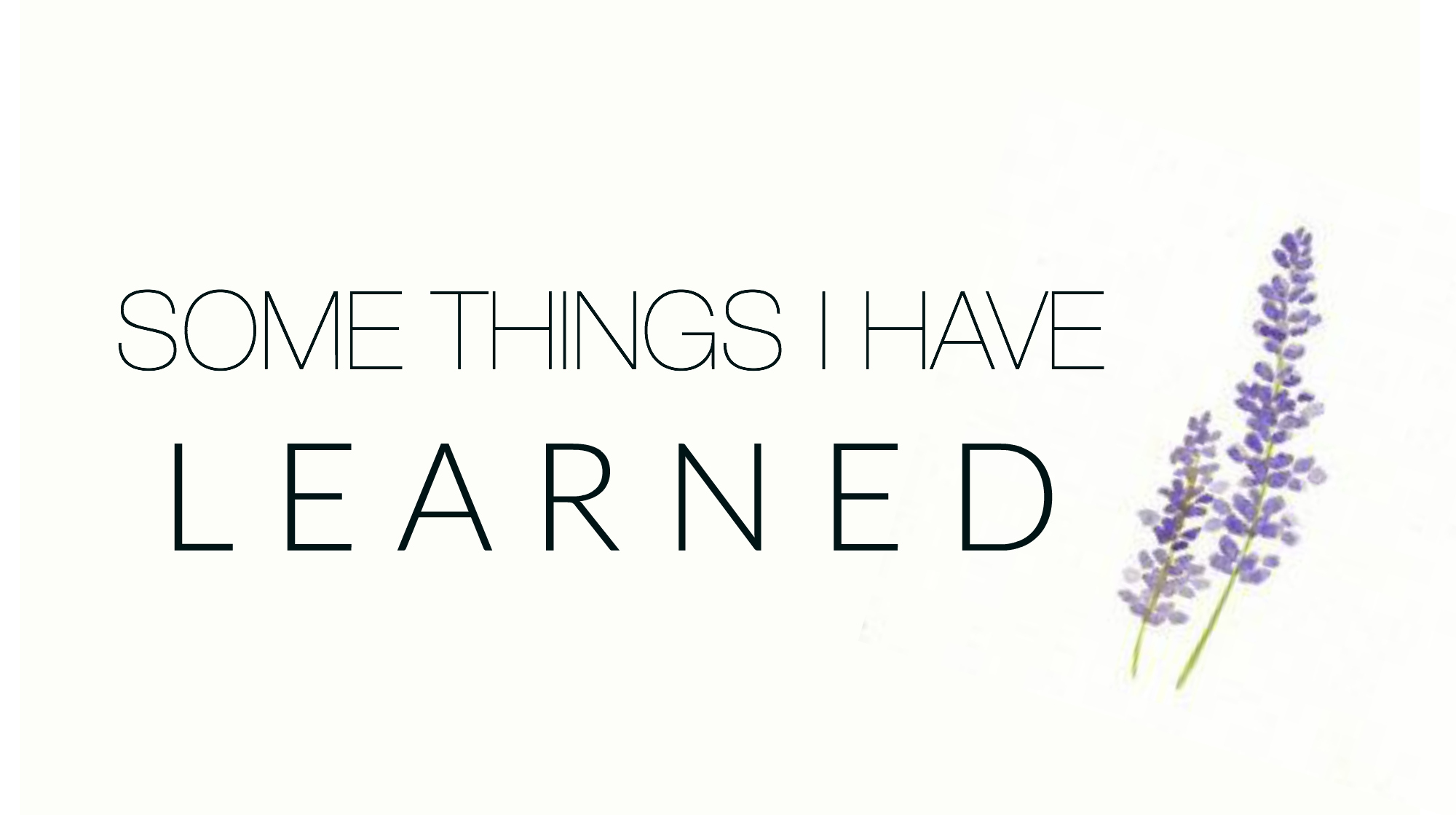this is a page for
Browsing Tag: skills
Recently my daughter had me help her cut some paper. This is the daughter who has Down syndrome. She was trying to cut out something from a magazine to tape it on a jar. I showed her how to cut around it and started the cutting for her. I watched her cut it and for the first time noticed her hand was in the way of her seeing what she was cutting.
It occurred to me that I had started cutting on the right side of the picture and she is left-handed. I have done this many times over the years and never once noticed that she couldn’t see what she was cutting because her hand was in the way. It explained all of the jagged edges and uneven cuts she always made. I had always wondered why she couldn’t cut anything out straight.
I stopped her and restarted the cut on the left side of the picture and she continue to cut around from that side. She cut evenly and smoothly, no jagged edges and no cutting in the wrong place. She’s 17 years old and has been using scissors since preschool and I just notice this.
Sometimes it’s really easy to see things only from my right-handed perspective. To just do something like I always do, or to think things through from my reference point. Often it’s easy for me to not notice what stops someone from doing a good job. Then I wonder why that person didn’t measure up. I wonder why they can’t cut out something without jagged edges. My right-handed perspective gets in the way.
Often I’m dealing with “left-handed people”. People who are different from me. Someone who methods and ways contrast from mine. His or her ways are just different from mine, not bad or worse. Sometimes it is easy to judge another as incompetent, or foolish or even incapable. When I do that it’s because I’m not making the effort to look at things from his or her perspective.
Usually telling someone to just do it the way I do it is not the answer. That often produces frustration and the previous results. If I really want to understand, I need to see things from the other person’s viewpoint. Looking at something as another sees it can be illuminating. Concentrating on another person’s skills and abilities and what they do well, can make a big difference. Trying to figure out what is stopping that person from being successful is helpful. And then taking the next step to figure out a way to help them succeed. Often it’s just little adjustments. Like switching sides of the paper when cutting.
Viewing something from another person’s perspective often helps me understand better, be less judgmental and more compassionate. When I do that I become a better parent, teacher, spouse and friend. When I step aside from a right-handed perspective to see through a left-handed view, I don’t have to wonder why someone didn’t measure up. That’s because the jagged edges and uneven cuts usually go away.
https://www.churchofjesuschrist.org/study/general-conference/2014/04/what-are-you-thinking?lang=eng
Share this:
- Click to share on Twitter (Opens in new window)
- Click to share on Reddit (Opens in new window)
- Click to share on LinkedIn (Opens in new window)
- Click to print (Opens in new window)
- Click to share on Facebook (Opens in new window)
- Click to share on Tumblr (Opens in new window)
- Click to share on Pinterest (Opens in new window)
- Click to email a link to a friend (Opens in new window)
When one of my children was 3 years old she struggled with having her socks just the right way on her feet. Not only did she want to wear a certain kind of socks (just the right thickness and feel), the line across her toes had to be perfectly straight and if it wasn’t for some reason she couldn’t cope and she would have a major melt down. When we got the line straight it had to stay straight while going into her shoe and had to be straight across her foot while in her shoe. If the sock pulled in any way she would rip the shoe off, scream and straighten the sock. Sometimes she would take the shoe off just to see if the sock line was still straight. It was a major ordeal every time I helped her get dressed. I might have handled it better but every time we did errands she would take her shoes off in the car and before we went into a store we would have to go through this ordeal again, and again before the next store. I couldn’t convince her to keep her shoes on no matter what I tried and I dreaded having to do errands with her, especially because I had other things to do and other children to help. This same daughter also had to have her blanket on her bed perfectly straight while she slept. When she woke up during the night if the blanket was not straight and smooth she would very loudly scream and since we lived in a duplex, letting her scream several times a night, every night was not an option. I was exhausted from the constant battle between shoes and blankets and didn’t know what to do about it. Comforting her, yelling at her, scolding her and anything else I could think of in my very tired brain during the many trips to her room each night was not effective. She still woke up screaming if her blanket was not perfectly straight. One day, after many months of this, I switched from mom brain to therapist brain, and in thinking about it I realized that for some reason she needed her world to be orderly to cope with her life. So I gave her a new coping mechanism. I told her that when she woke up in the middle of the night that if her blanket was not straight to tell herself “it’s okay, mommy will straighten it for me in the morning.” I also remembered that positive reinforcement worked better than negative reinforcement, so we made a star chart together and I told her that if she slept through the night without waking up and screaming about her blanket she could put a star on her chart in the morning. The night came and went and no screaming! I went into her room in the morning to check on her and the first thing she told me was she had awakened during the night, saw her blanket messed up and told herself that it was okay and that I would straighten it in the morning, which I gladly did and then she very proudly put a star on her chart. She soon learned to straighten the blanket by herself and thankfully she eventually outgrew the sock and blanket behaviors. I learned that life can be hard for children too and giving them the skills they need to successfully cope is important. I also learned to look beyond the behavior to understand the cause better and to think of solutions and not about my anger or ineptness as a parent.
https://www.kidsmatter.edu.au/families/starting-school/5-coping-skills-children
Share this:
- Click to share on Twitter (Opens in new window)
- Click to share on Reddit (Opens in new window)
- Click to share on LinkedIn (Opens in new window)
- Click to print (Opens in new window)
- Click to share on Facebook (Opens in new window)
- Click to share on Tumblr (Opens in new window)
- Click to share on Pinterest (Opens in new window)
- Click to email a link to a friend (Opens in new window)

